Logical Reasoning Building Vocabulary Worksheets for Ages 4-8
8 filtered results
-
From - To
Enhance your child's thinking with our "Logical Reasoning Building Vocabulary Worksheets for Ages 4-8"! These engaging, age-appropriate activities are designed to develop critical thinking and vocabulary skills simultaneously. Your child will enjoy fun, interactive exercises that challenge their mind while expanding their word knowledge. Perfect for home or classroom use, these worksheets help children build a strong foundation in logical reasoning and language comprehension. Give your child the tools they need to excel in reading and problem-solving with our expert-crafted resources. Start their learning journey today and watch their confidence soar! Explore our collection now.
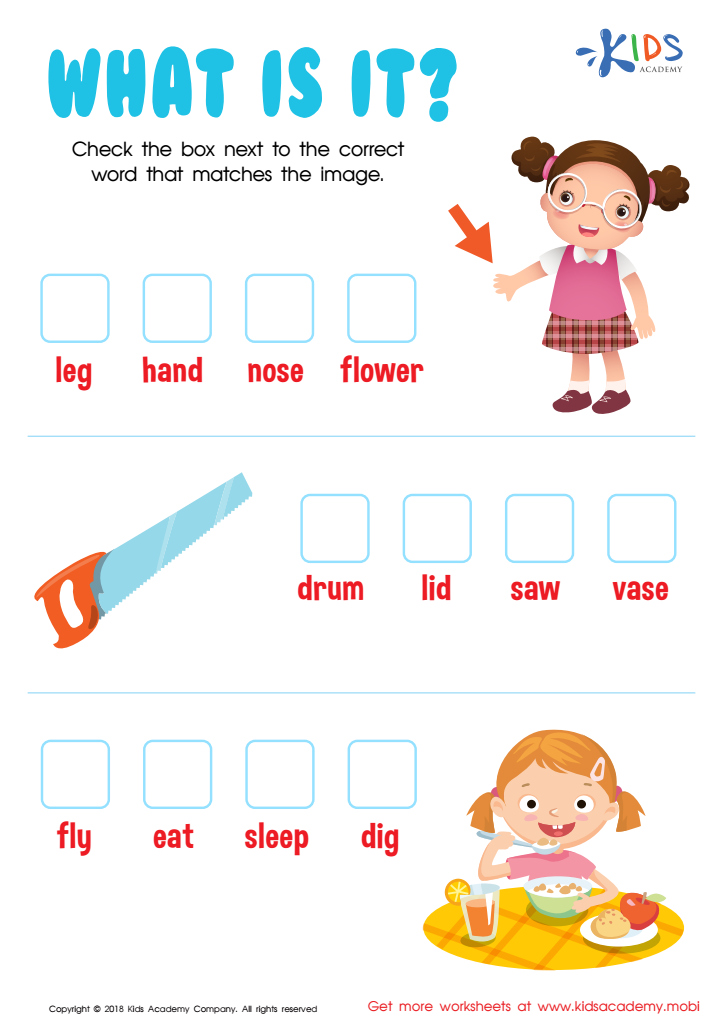

What Is It? Worksheet
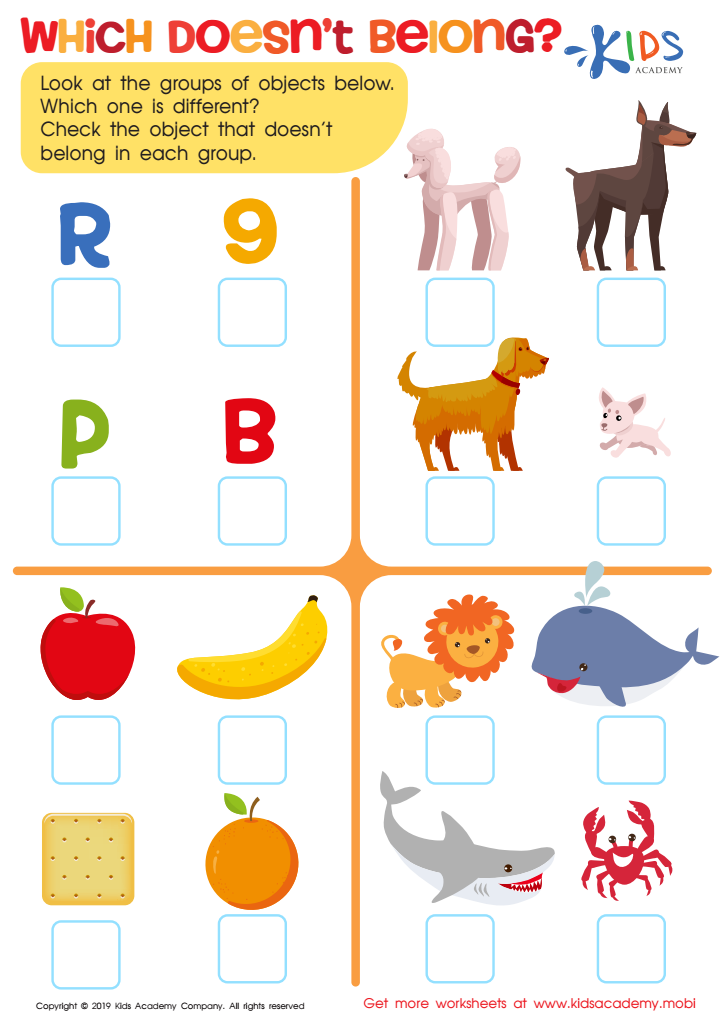

Which Doesn't Belong? Worksheet
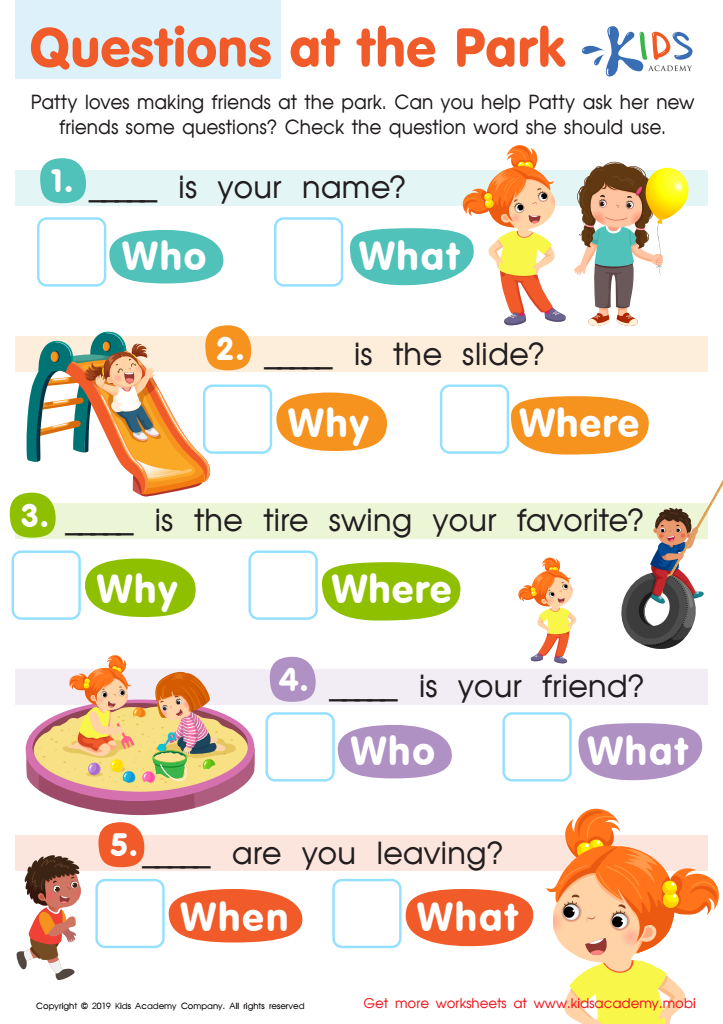

Questions at the Park Worksheet
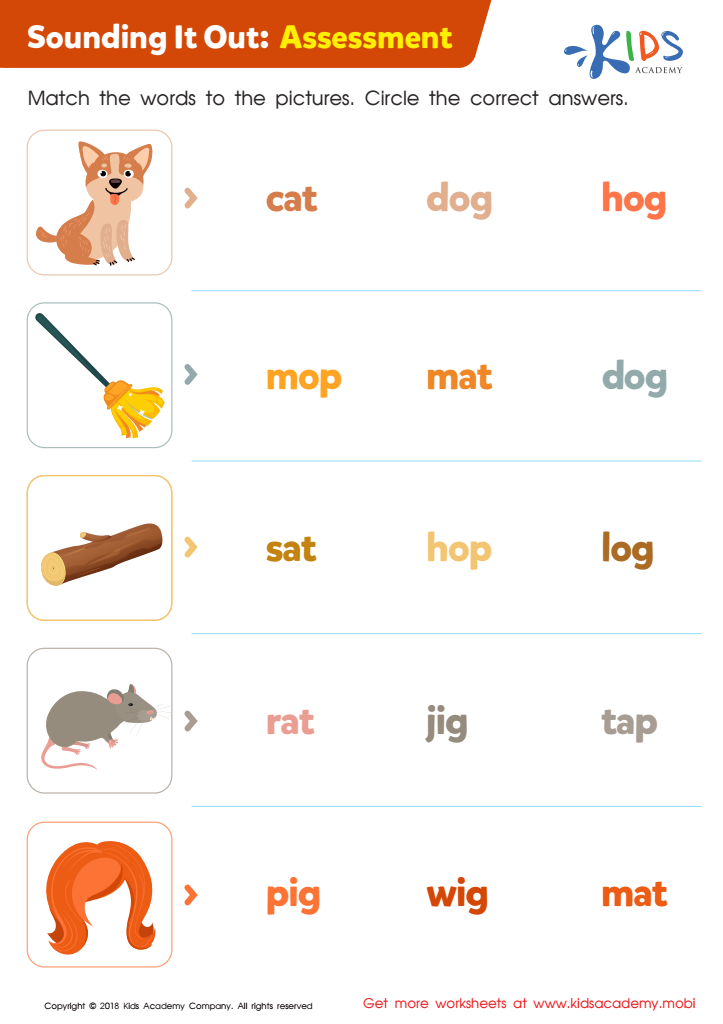

Sounding it Out: Assessment Worksheet
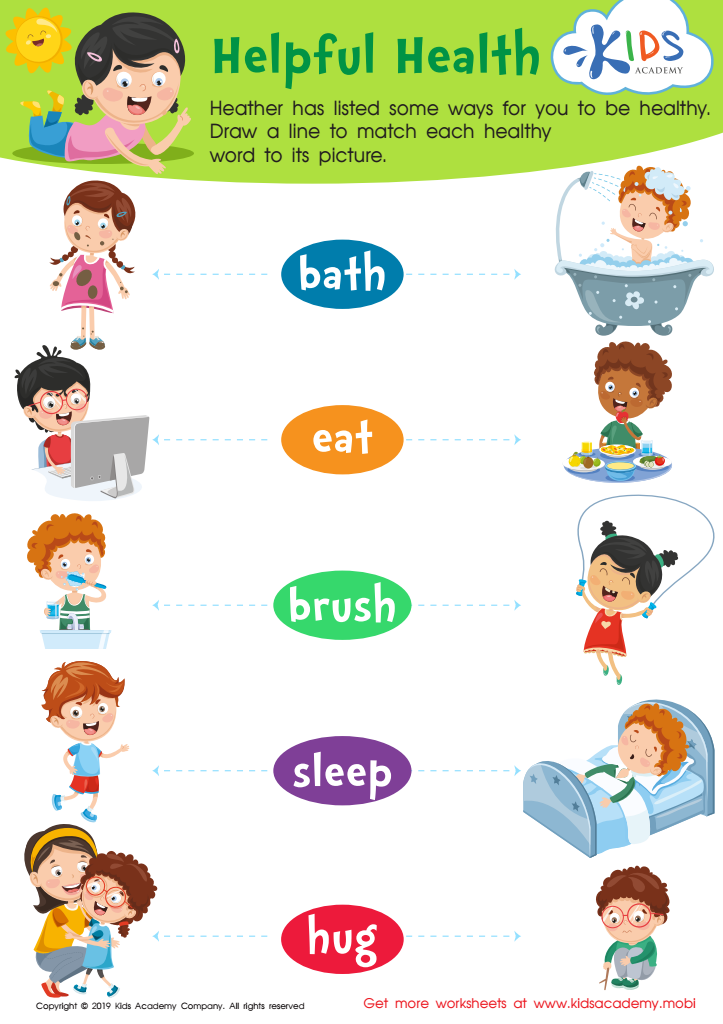

Helpful Health Worksheet
Logical reasoning and vocabulary development are foundational skills crucial for the cognitive and language development of children aged 4-8. These early years are a critical period because children's brains are incredibly malleable, allowing for significant growth and learning.
Developing logical reasoning at this age enhances a child's ability to think systematically and make sense of the world around them. It helps children to solve problems, understand complex concepts, and make informed decisions. Such skills are not only vital for academic success but also for everyday problem-solving and interactions.
Building a robust vocabulary, on the other hand, supports better communication and comprehension abilities. Vocabulary is deeply interconnected with reading and writing skills, and a rich vocabulary allows children to understand and engage with more challenging texts. It also enables children to express themselves more clearly and effectively, both in speaking and writing.
Moreover, good logical reasoning and a strong vocabulary lay the foundation for other key life skills, such as critical thinking, creativity, and emotional intelligence. Parents and teachers who prioritize these areas are equipping children with the tools they need to excel not only in school but also in their personal and future professional lives. Ultimately, investing in these foundational skills fosters confident, articulate, and analytical young minds.
 Assign to My Students
Assign to My Students












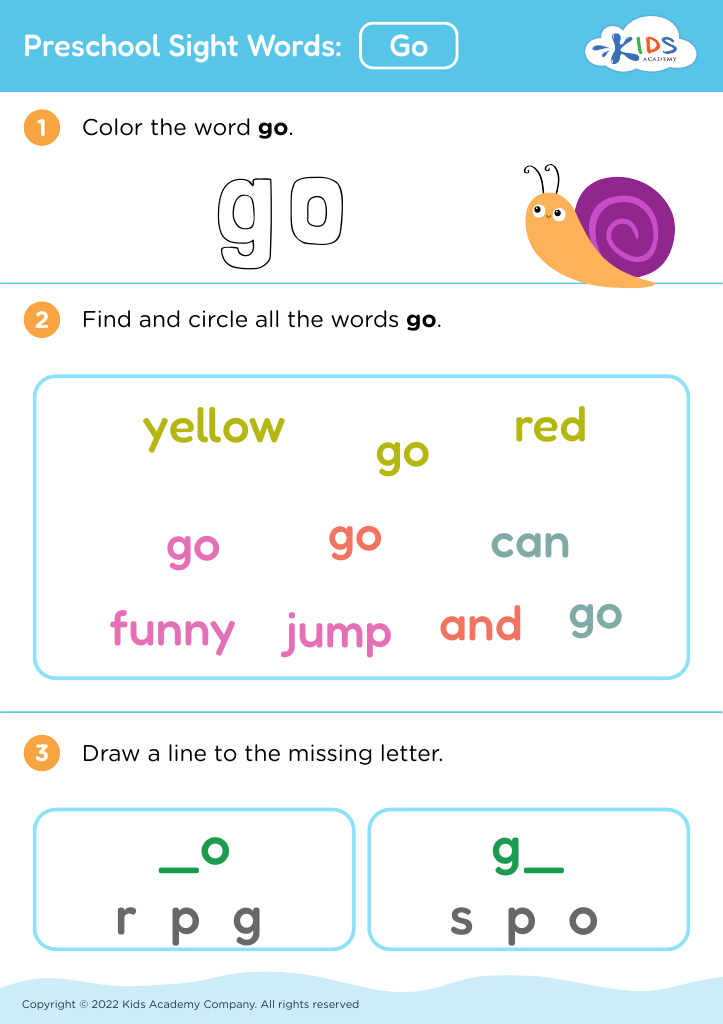
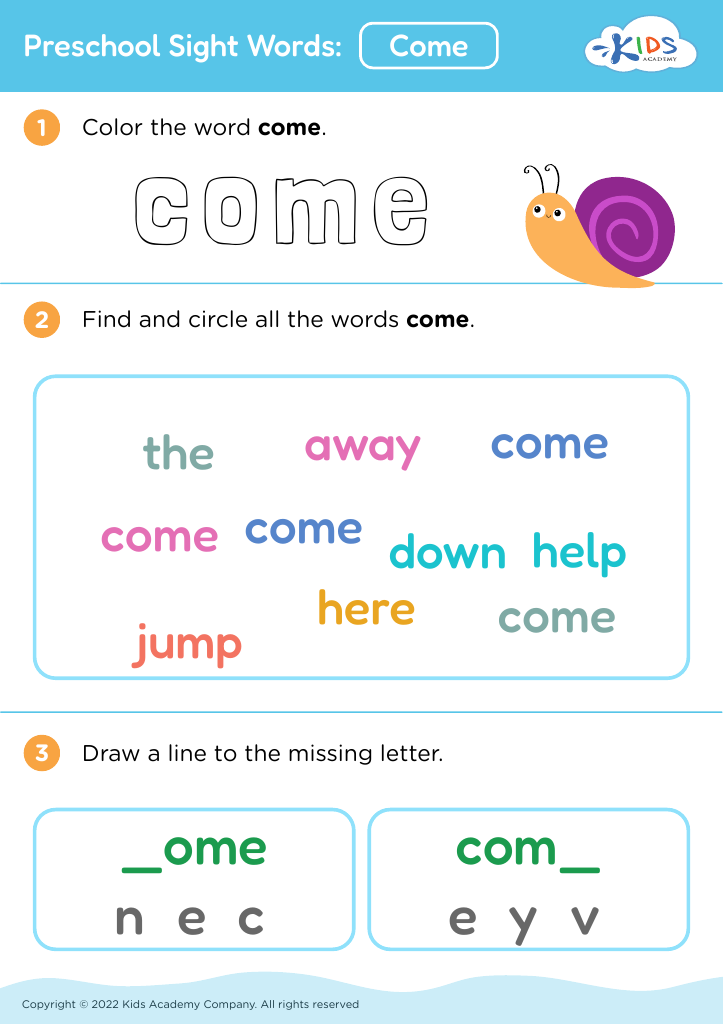
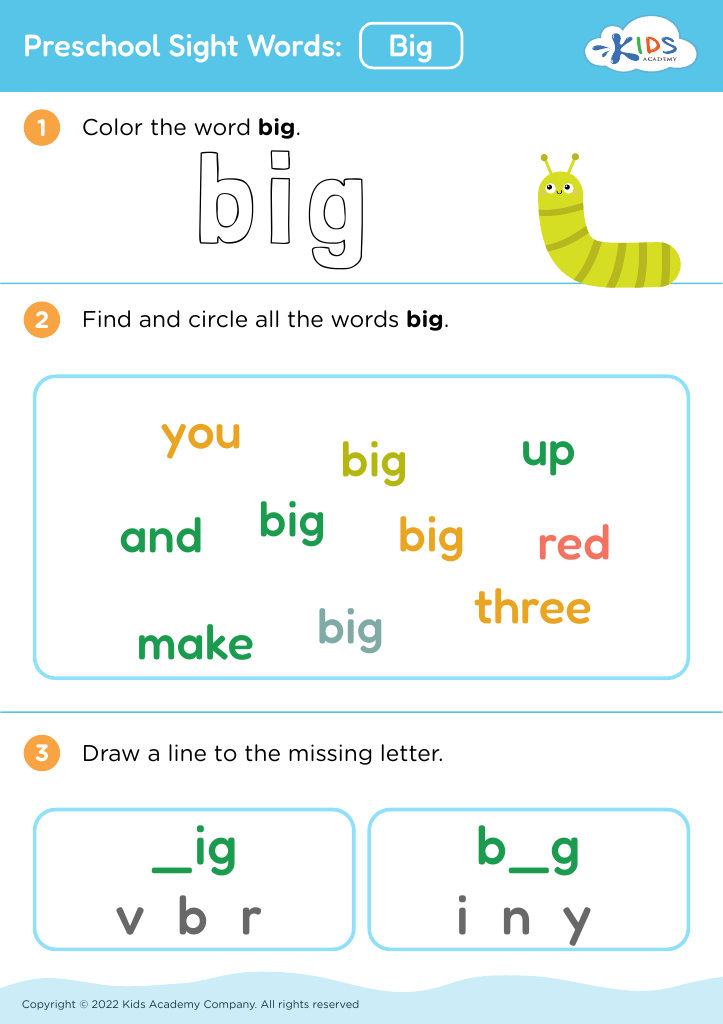








.jpg)










